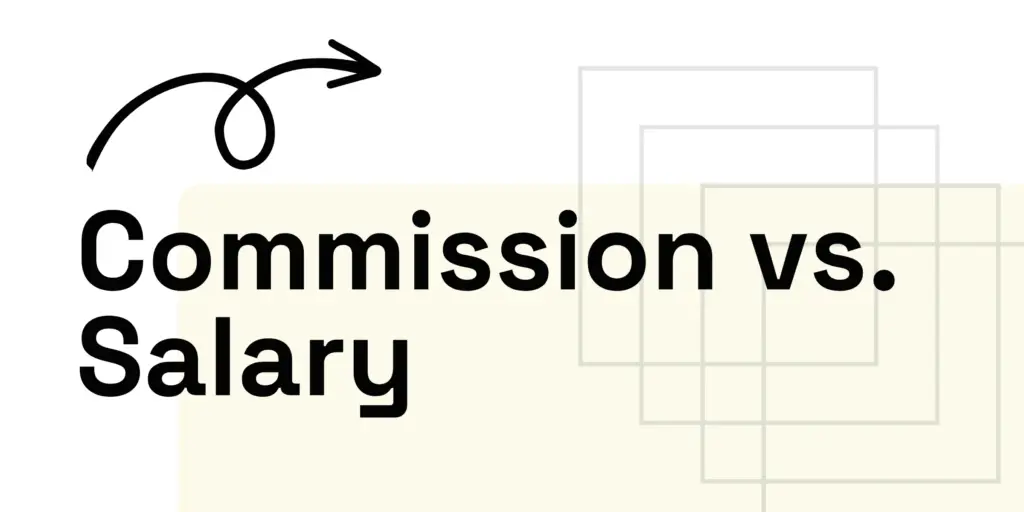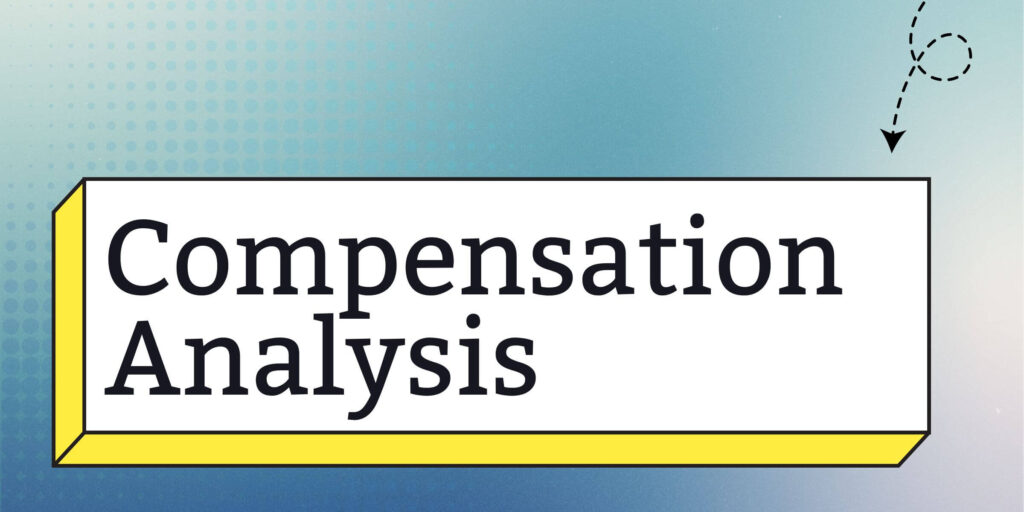With the average weekly earnings of Americans sitting at around $1,100, there is hardly a concern for income in most of the country. Still, there are always methods for getting more out of your workforce, and offering bonuses based on performance is one of them. Though, when it comes to commission vs. salary, which is the most beneficial for your organization?
This article will delve into what the impact of each different compensation plan might be. So, read on to help you make a much more informed decision about which way to go.
Benefits of Commission
If a company has a large sales division, using commission-based pay can help people push themselves. They are likely to feel a drive to make more profits for the organization, as it benefits them in return.
Receiving a commission can tap into a person’s primal need for security. Having a larger pay packet based on one’s output can build a drive for success and sometimes also recognition within the company. Over time, this can even encourage workers to become more invested in the company’s processes and want to offer methods to improve them.
Commission-based roles also foster competition within a company. This pushes everyone to work harder and achieve over and above others via a quantitive method of comparing people with each other. With the right group of people, this can have a positive impact on camaraderie and drive employees to exceed their targets or records.
This compensation method is also good for the company itself. As the organization earns more, so do its employees. By aligning the company’s growth parallel to employees’ success, you drive people to invest in helping the business grow.
Drawbacks of Commission
One of the main issues with a commission-based motivation system is the potential for it to hit workers right where it hurts: Their wallets. Should there ever be a downturn in income due to factors outside of the company’s control, everyone will feel a hit to their financial security.
Potential circumstances that could make this a problem include:
- Market fluctuation
- Seasonal peaks and troughs
- Nationwide economic issues
- Industry shakeup
- Technological advancements
These will cause the company and its employees to feel out of control, often driving workers to look for other forms of income.
Commission can also put a great deal of pressure on your employees. If they believe they have to be “always on” to earn enough money, it will be very hard for them to relax, even when not at work. You thus need to put extra effort into arranging for your workers to have opportunities to de-stress.
Benefits of Salary
One of the primary salary benefits is that of financial security. Those working for you will know exactly how much money they will receive and when that will happen. This takes a weight off their shoulders and allows them to plan for their future without as much uncertainty.
Receiving a salary also allows people to think beyond their current scope of work. They can focus on a longer period than their current client, and make decisions that help aim for the company’s multiple-year agenda. As their income does not relate to immediate results, they can put time into things like:
- Understanding customer needs beyond the immediate
- Providing better service to clients over time
- Personal training to ensure continual improvement
- Cultivating a culture of trust based on fulfilled promises
Each of these things will give your clients an improved sense that you care about them as more than a sales figure.
Drawbacks of Salary
Despite its positive traits, salary can lead to complacency and stagnation. People no longer feel they need to strive for success on an individual level and do not have the same level of quantitative targets and goals. While setting SMART goals and offering career advancement can help, it is much less direct and tangible than with commission.
From the point of view of most companies, having a salary can also be more risky and increase costs. Even during difficult eras of a company’s growth, they will have the outgoing of a fixed amount of compensation. In the short term, this can mean the need to stretch budgets, but in the long term can often lead to redundancy as workers are no longer affordable.
Benefits of Commission Plus Salary
Combining the two methods of compensation in a single sales commission plan can sometimes offer the best of both worlds. In theory, you pay a lower base salary, but then offer smaller commissions on top of that. This offers a level of security, stopping workers from looking elsewhere in harder times, but also still pushes people to succeed.
This way of paying your workers also allows them to build up the long-term focus mentioned above without needing to worry about moving on. They can allow themselves to slow down enough to both not overwhelm a client and also prevent personal stress.
Drawbacks of Commission Plus Salary
While it might seem useful to offer both salaries as well as commissions, you may sometimes reduce the impact of these bonuses more than you expect. Without the direct and immediate need to succeed, some employees may become complacent enough for the commission to no longer be a drive. This then puts more pressure on their team lead to watch out for such a situation in case they need training or replacement.
On top of this, it still has the issue of being an ongoing cost even during a downturn. Also, if anyone has a large number of personal outgoings, any form of commission may still cause a lot of stress as they will need to keep up with them.
Incentivizing Commission vs. Salary
Understanding how to compare motivation and other factors when you need to decide on commission vs. salary can make a big difference. These are not the only incentive methods you have available, though, and you can always push your team in other ways.
Kinitro can help you understand the other options available to you as well as integrate them with your existing systems. So, request a demo of what we can do and learn more about what you are missing out on today.







